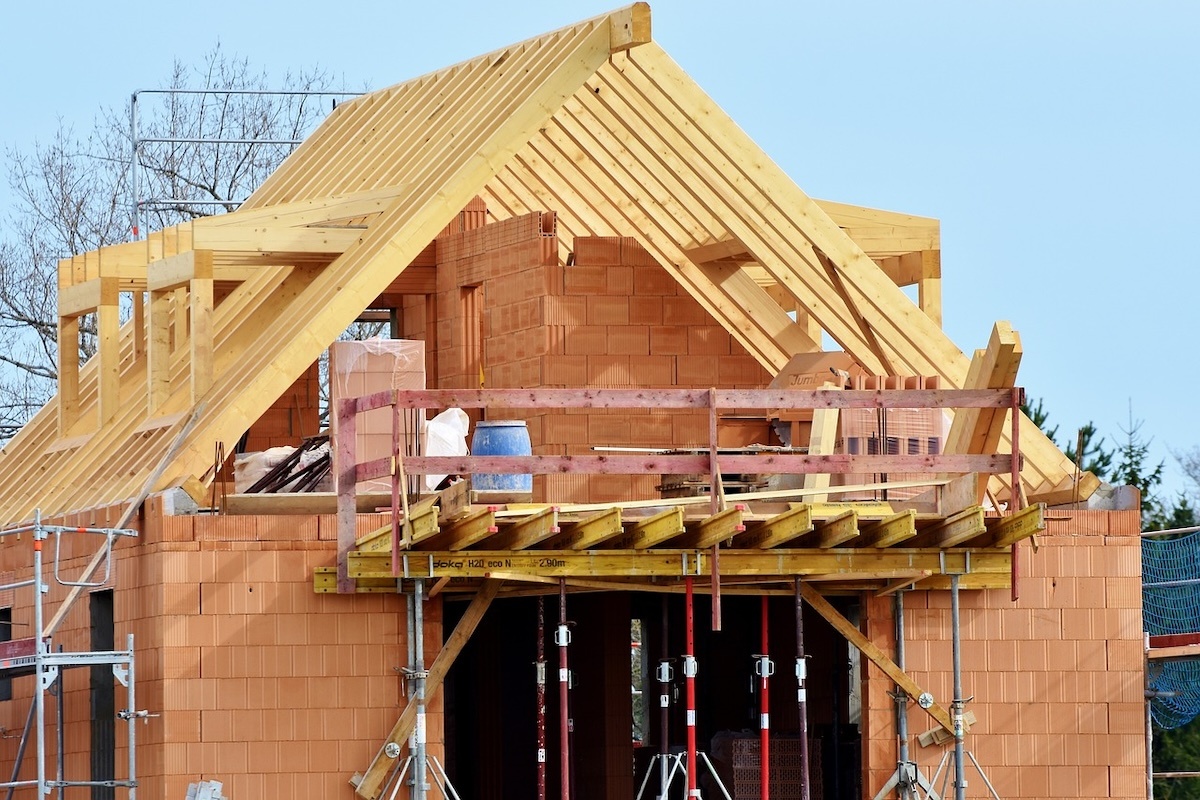
Image by: pixabay
In recent months, Prime Minister Justin Trudeau has emphasized the pressing Canadian housing crisis, stressing the necessity of accelerating home construction. The elimination of the Goods and Services Tax (GST) on purpose-built rental buildings was a notable stride in response to the housing shortage, symbolizing the governmental commitment to bolster housing supply. However, despite these efforts, residential property transactions have declined by 15 percent nationally, with more substantial drops observed in certain markets. Notably, transactions involving residential development land have plummeted even further due to soaring construction costs (up by over 50 percent since 2020) and amplified financing expenses resulting from escalating interest rates.
This decline in development land transactions bears critical implications for housing supply in major urban centers like Toronto and Vancouver. These cities are already grappling with remarkably low rental vacancies, and Canada, according to the Canada Mortgage and Housing Corporation (CMHC), faces a shortfall of several million housing units necessary for fostering broader affordability. With the Canadian population surpassing 40 million in June 2023 and expected to continue growing primarily through immigration, the substantial drop in land sales raises concerns about the future housing deficit. Given that a typical residential project takes five to seven years to complete, the current downturn in land acquisition could exacerbate the housing shortage significantly in the coming decade amidst continued population growth.
Addressing these challenges requires government intervention. While certain factors impacting construction costs lie beyond their control—such as global supply chain disruptions for construction materials—governments wield authority over the fees and taxes imposed on development and new home construction. A report from tax consulting firm Ryan revealed that government fees constitute a staggering 29.25 percent of a typical new Vancouver condominium's cost, equating to around $327,000 out of a $1.12 million housing unit. To tackle the issue, policymakers across all levels of government should focus on reducing charges and taxes, as opposed to further increasing costs, in order to make housing more affordable and sustain the feasibility of prospective housing projects.
Read the full article on: REAL ESTATE MAGAZINE
